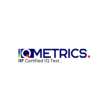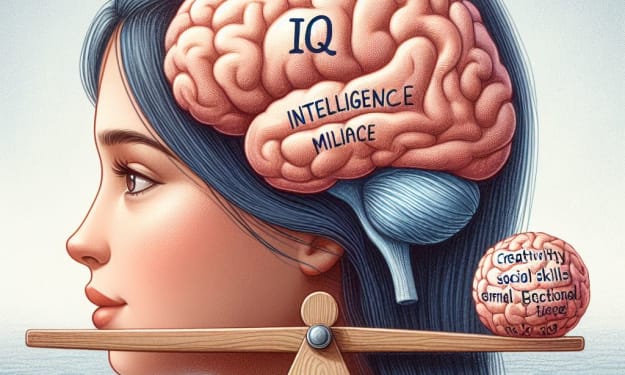Adaptive IQ Testing: Tailoring Assessments for Accuracy
Matching Skills, Measuring Potential

IQ testing has been a traditional method for assessing cognitive abilities. However, its rigid structure often fails to capture the nuanced capabilities of individuals. In recent times, the evolution of technology has paved the way for adaptive IQ testing, revolutionizing the assessment landscape.
Introduction to Adaptive IQ Testing
Understanding Traditional IQ Testing
Traditional IQ tests follow a fixed pattern of questions with standardized scoring methods. They offer a generalized view of a person's cognitive abilities but may not accurately represent their true potential.
Limitations of Traditional Assessments
These tests often overlook individual strengths and weaknesses, failing to provide a comprehensive evaluation. They can also be affected by cultural biases, impacting the results.
Transition to Adaptive IQ Testing
Adaptive IQ testing adapts to the test-taker's responses, tailoring subsequent questions based on previous answers. This dynamic approach aims to provide a more accurate and personalized assessment.
What is Adaptive IQ Testing?
Adaptive testing utilizes algorithms to adjust the difficulty level of questions based on the test taker's responses. This personalized approach ensures that each question maximizes the information gained about an individual's abilities.
How Adaptive Testing Works
As the individual progresses through the test, the system analyzes their responses in real-time, selecting questions that are most informative for accurately gauging their cognitive abilities.
Importance of Adaptability in Assessments
The adaptability of these tests allows for a more nuanced understanding of an individual's strengths and weaknesses, offering a tailored evaluation.
Benefits of Adaptive IQ Testing
Enhanced Accuracy and Precision
Adaptive testing minimizes guesswork by presenting questions that precisely match the test taker's skill level, resulting in more accurate assessments.
Tailoring Assessments to Individual Abilities
By adapting to the individual's performance, these tests provide a personalized evaluation that accounts for diverse cognitive profiles.
Efficiency in Evaluating Cognitive Abilities
The dynamic nature of adaptive testing reduces test duration by focusing on relevant questions, making assessments more efficient.
Challenges and Considerations
Potential Biases and Limitations
Algorithms used in adaptive testing can inadvertently perpetuate biases present in the data used to train them, leading to potential biases in assessments.
Ethical Considerations in Adaptive Testing
Ensuring fairness, transparency, and accountability in the use of adaptive testing methods is crucial to maintaining ethical standards.
Addressing Technological Barriers
Accessibility and technological infrastructure must be considered to ensure equitable access to adaptive testing for all individuals.
Implementing Adaptive IQ Testing
Tools and Technologies Used
Adaptive testing employs advanced algorithms and machine learning techniques to dynamically adjust assessments.
Role of Machine Learning and Algorithms
Sophisticated algorithms analyze responses and select questions, continuously refining the assessment process.
Adoption in Various Industries and Sectors
Adaptive testing finds applications in education, recruitment, and healthcare, offering tailored evaluations across diverse fields.
Future of Adaptive IQ Testing
Advancements in Assessment Methodologies
Continued research and technological advancements aim to refine adaptive testing methodologies for greater accuracy.
Integration of Adaptive Testing in Education and Employment
Adaptive assessments are expected to become integral in education and recruitment processes, providing personalized evaluations.
Ethical and Societal Implications
Addressing ethical concerns and ensuring equitable access to adaptive testing will be pivotal for its widespread adoption.
Conclusion
Adaptive IQ testing represents a paradigm shift in assessment methodologies, offering personalized evaluations that go beyond traditional standardized testing. While it presents significant benefits in accuracy and efficiency, ethical considerations and addressing biases remain crucial for its responsible implementation.
The article was originally published here.
About the Creator
IQ Metrics
IQMetrics.org is a comprehensive platform offering insightful resources on IQ testing, assessments, and understanding intelligence metrics.
http://iqmetrics.org






Comments
There are no comments for this story
Be the first to respond and start the conversation.